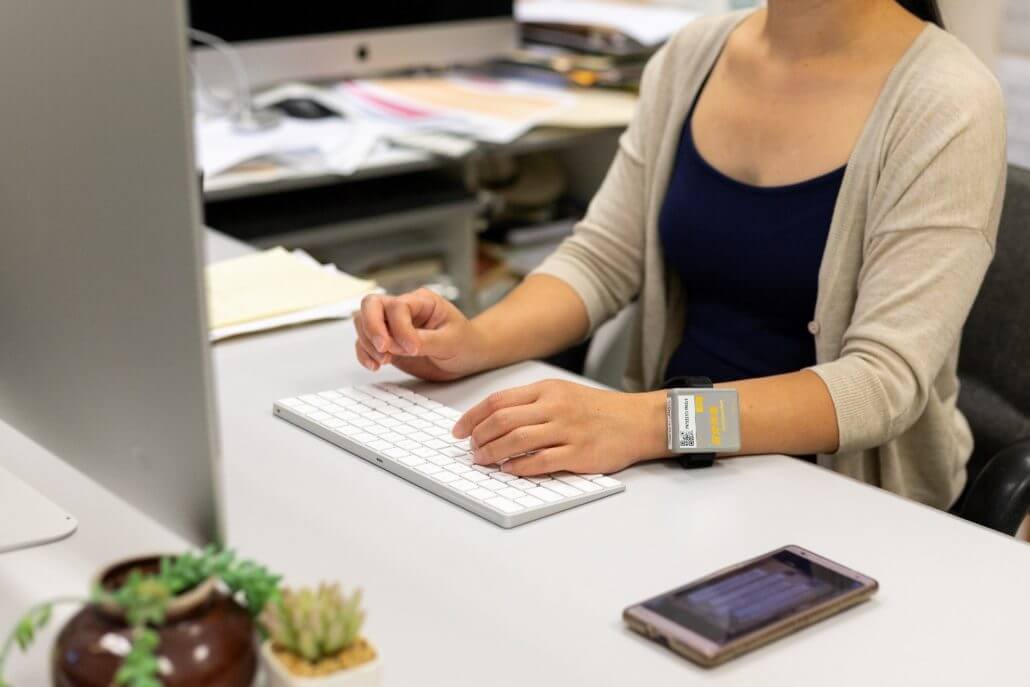At first sight, the silicone wristband could be mistaken for tracking your heart rate when you are doing exercise. However, the wearable technology, called a Moodbeam, is not here to observe your physical health. Instead, it enables your boss to monitor your emotional state.
The device, which connects to a mobile phone app and web interface, has two buttons, one yellow and one blue. The employee should press the yellow one if they feel happy and the blue one if sad.
Aimed at businesses that wish to control workers’ well-being who are working from home. The idea is that workers are encouraged to wear the wristband. However, they can say no. If they choose to wear the wristband, workers should hit the relevant button as they see fit during the working week.
Notably, managers can view an online dashboard to monitor how employees are feeling and managing. We all know that the COVID-19 pandemic forced people to work remotely, and bosses are no longer able to check-in physically with their team. Moodbeam hopes to help companies and their workers.
According to Moodbeam co-founder Christina Colmer McHugh, asking 500 members how they feel with a call might be a hassle. However, with the help of Moodbeam, they can do it with ease.
Christina came up with the idea for the products after seeing that her child was struggling at school. She was willing to find a way for her daughter to let her know how she was feeling. Notably, the wristband launched commercially in 2016.
Coronavirus has worsened mental health
Notably, one company now using Moodbeam is a UK charity Brave Mind.
According to Baddy Burt, one team member was uncomfortable, coping with a considerable workload. They were disappointed with what was going on. Burt said that without the data, they would never find it out.
According to the World Health Organization (WHO), mental health in the workplace has long been a concern with depression and anxiety. WHO estimates that they have cost the global economy $1 trillion per year in lost productivity before the pandemic. However, coronavirus lockdowns and home working appear to have worsened the issue.
Notably, the UK mental health charity Mind said in 2020 that 60% of adults thought their mental health had worsened during the first lockdown. Moreover, according to a survey by Employment Hero, a quarter of people employed by small and medium-sized UK firms desired more mental health support throughout the pandemic.










